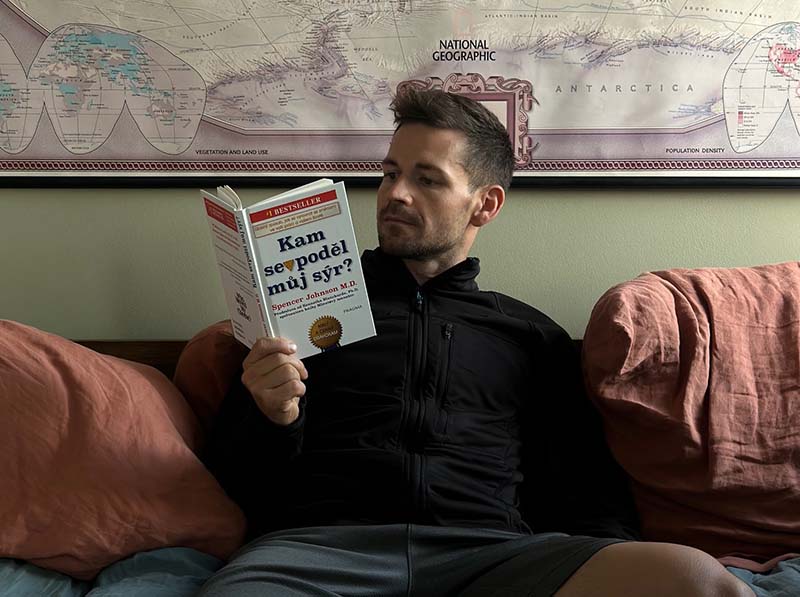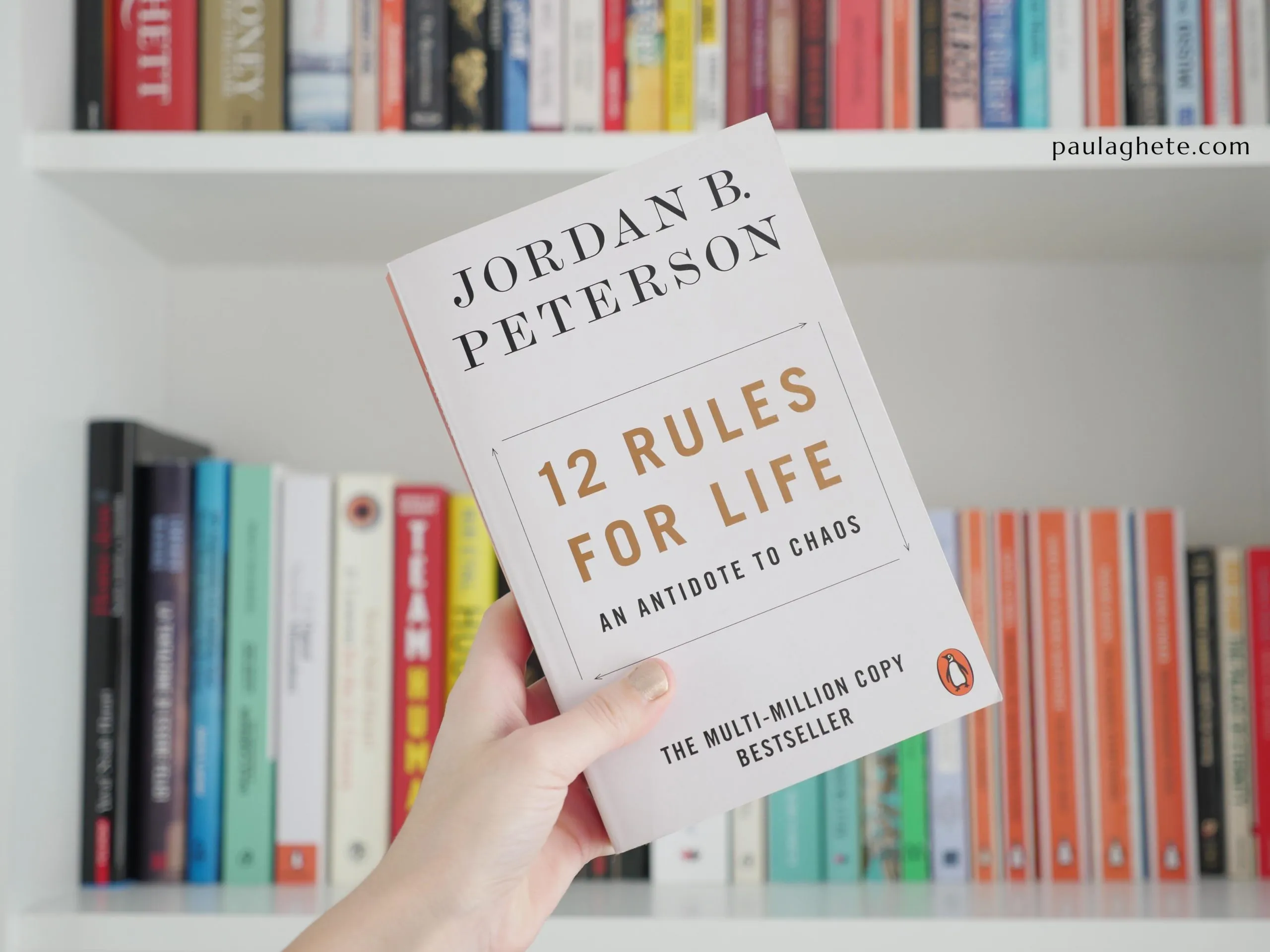Although we never got the chance to meet, Richard Feynman was one of the people who have greatly influenced how I think, work, approach research, and everything I do in life.
He was a great scientist, but above all, he was a great questioner. He believed that only by questioning our basic assumptions could we build the necessary understanding to tackle life’s most challenging problems.
“The first principle is that you must not fool yourself, and you are the easiest person to fool.”
– Richard Feynman
Richard Feynman, Tim Ferriss, and Derek Sivers were the three most influential people who taught me the importance of developing the skill to ask questions, to ask the right questions, and to question everything constantly. Learning to ask questions is the most critical meta habit to move you the furthest in your life.
Feynman believed he needed a system to guide him on what information to consume and what actions to take. Otherwise, he might say yes to too many things he shouldn’t. So he formulated the twelve problems to guide everything he did in life:
“You have to keep a dozen of your favorite problems constantly present in your mind, although by and large, they will lay in a dormant state. Every time you hear a new trick or a new result, test it against each of your twelve problems to see whether it helps. Every once in a while, there will be a hit, and people will say, ‘How did he do it? He must be a genius!”
– Richard Feynman
When you formulate your 12 problems, you get:
- the lens through which to filter information to avoid information overwhelm,
- open-ended questions that help you notice potential answers,
- help to decide which consumed information enables you to move forward with your goals,
- complex problems with no simple solutions that provoke your thinking.
How to formulate your 12 problems:
- start with prompts – what are you thinking about, what were you obsessed with as a teenager, …
- formulate how / what questions
- make them specific – focus your problem-solving and spur you into action
- example: “How can I be a better leader?” > “How can I be a better leader as an introvert?”
- make them counter-intuitive
- e.g. have tension between two potentially counter-intuitive goals
- make them cross-disciplinary
- spark unorthodox connections – e.g., How can I improve education by borrowing ideas from video games?
Here are my 12 problems:
- How do the brain and mind work, and how can we simplify the knowledge into actionable steps to help people apply it to improve their lives?
- How to stay active for a long time (until the end) to live a better, longer, and fulfilling life that matters to you?
- How to be strong, muscular, and live pain-free with minimal effort?
- How do you improve sleep if you have lifelong sleep problems to live longer and be healthier with a calm, creative mind?
- How can we keep growing, learning, and constantly improving without burning out?
- How do I navigate the thin line between hard work, discipline, and the notion that I have enough?
- How to raise children into confident, caring, creative, problem-solving human beings and help them live good lives?
- How to overcome fears and have calm, focused, and resilient mild?
- How to make technology and the internet work for us instead of against us?
- How can a type A personality develop a system to remind them to stop pushing the wheel so hard, relax, and look for an efficient path?
- How to overcome dopamine death spirals to achieve infinite motivation?
- How to have better relationships with the people who matter to you?
I encourage you to formulate your twelve problems. Write anything that comes to mind. Putting it out of your head on paper is very freeing. Remember – don’t be a perfectionist. You can always come back and tweak them. My problems evolve all the time.
The best problems are never answered. You don’t even want to answer them because finding the answers drives you and gives you purpose.



